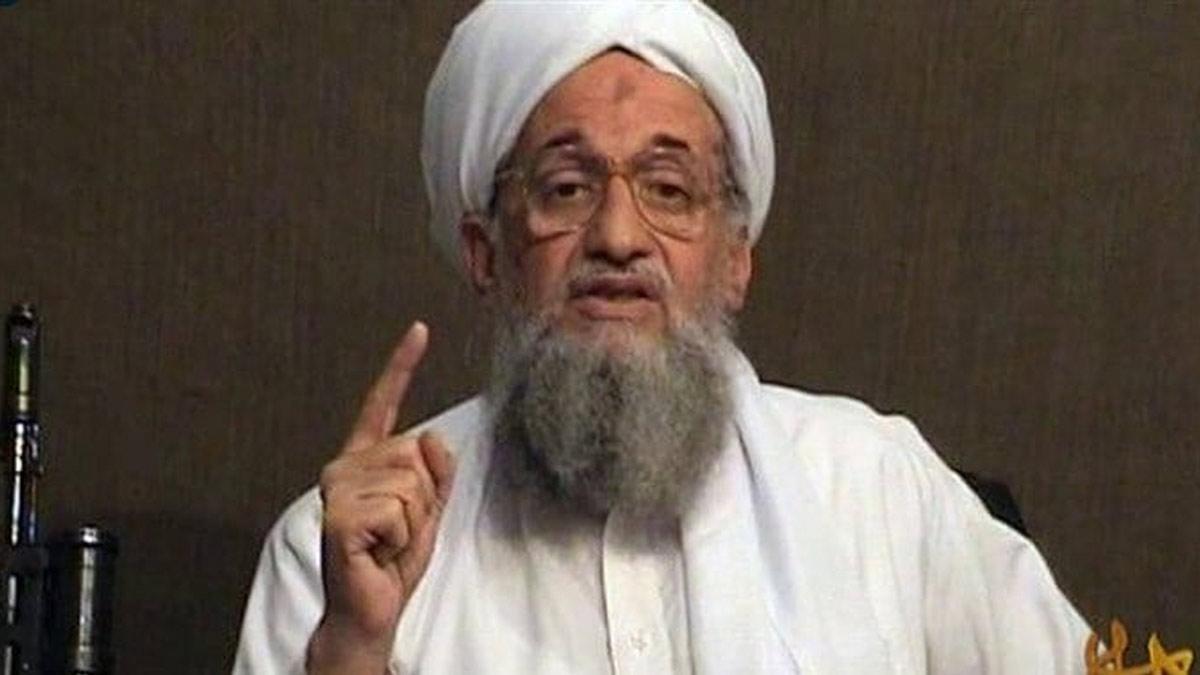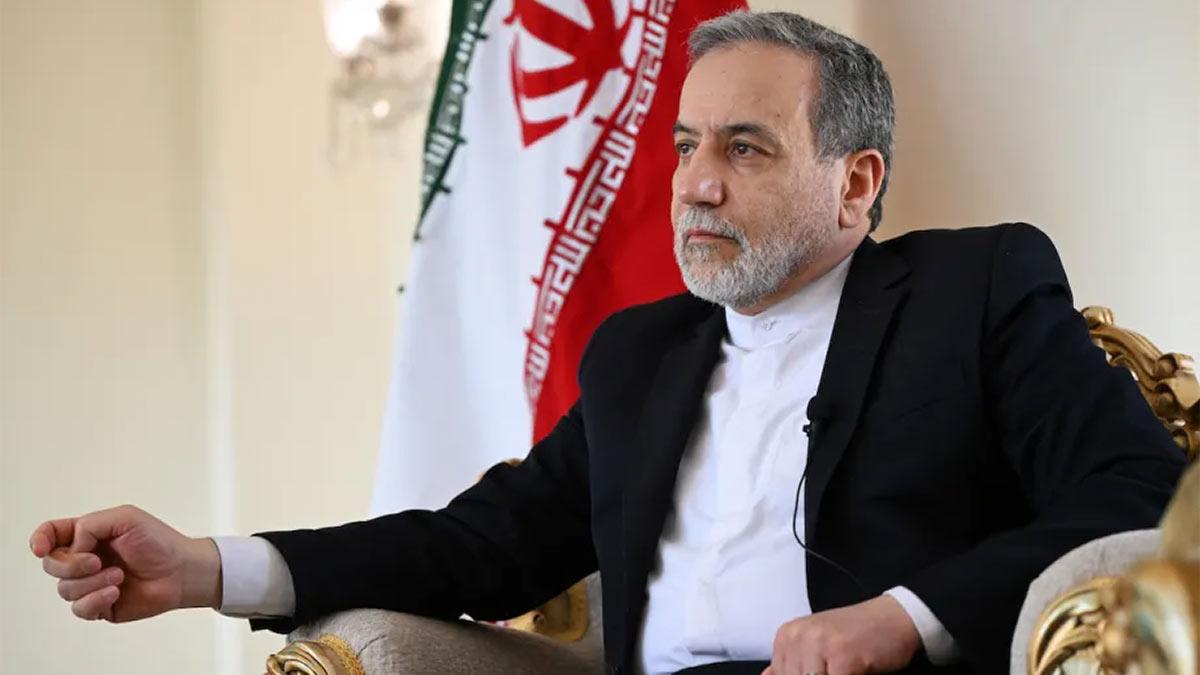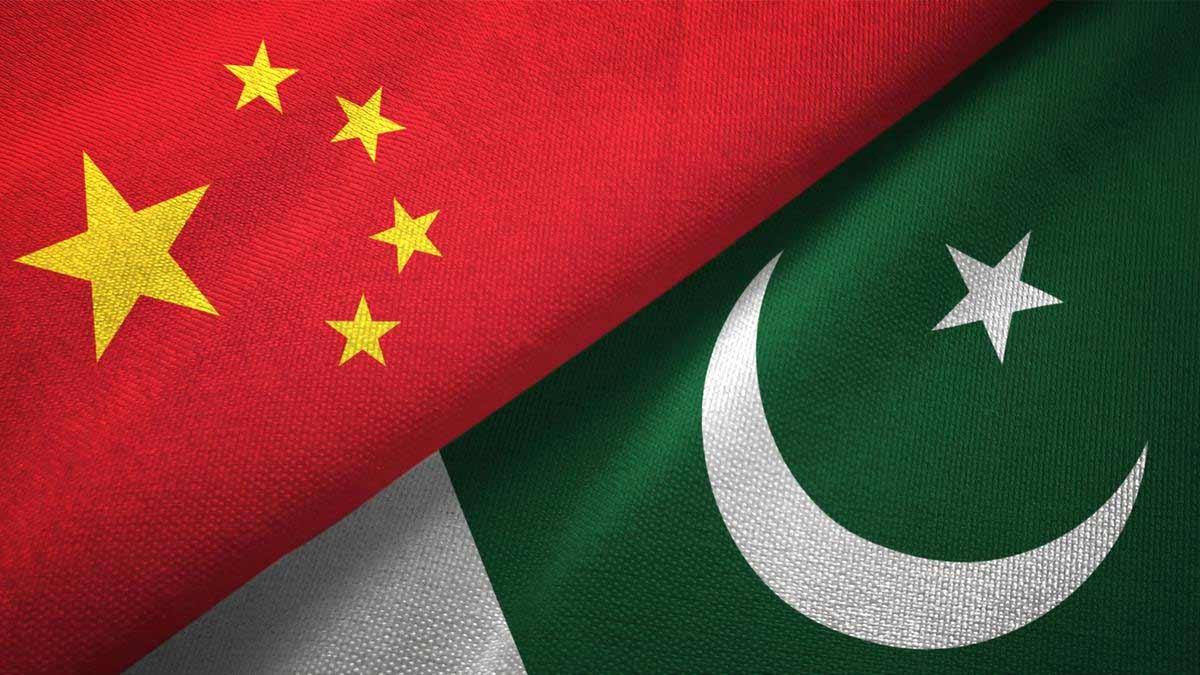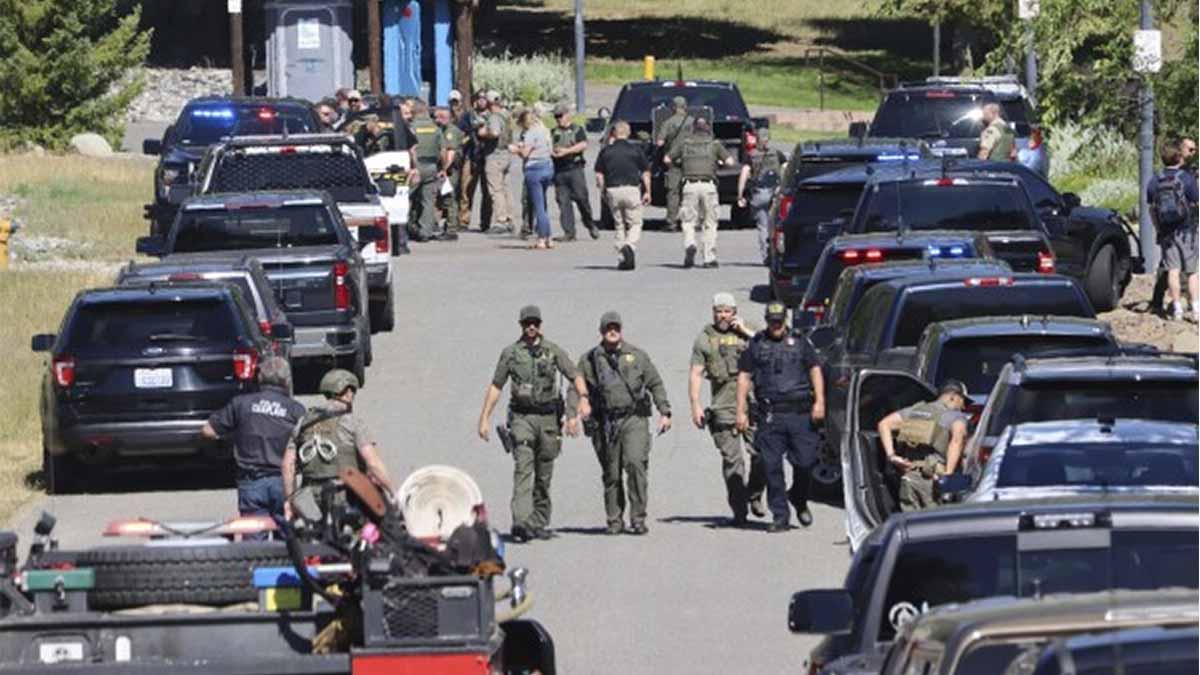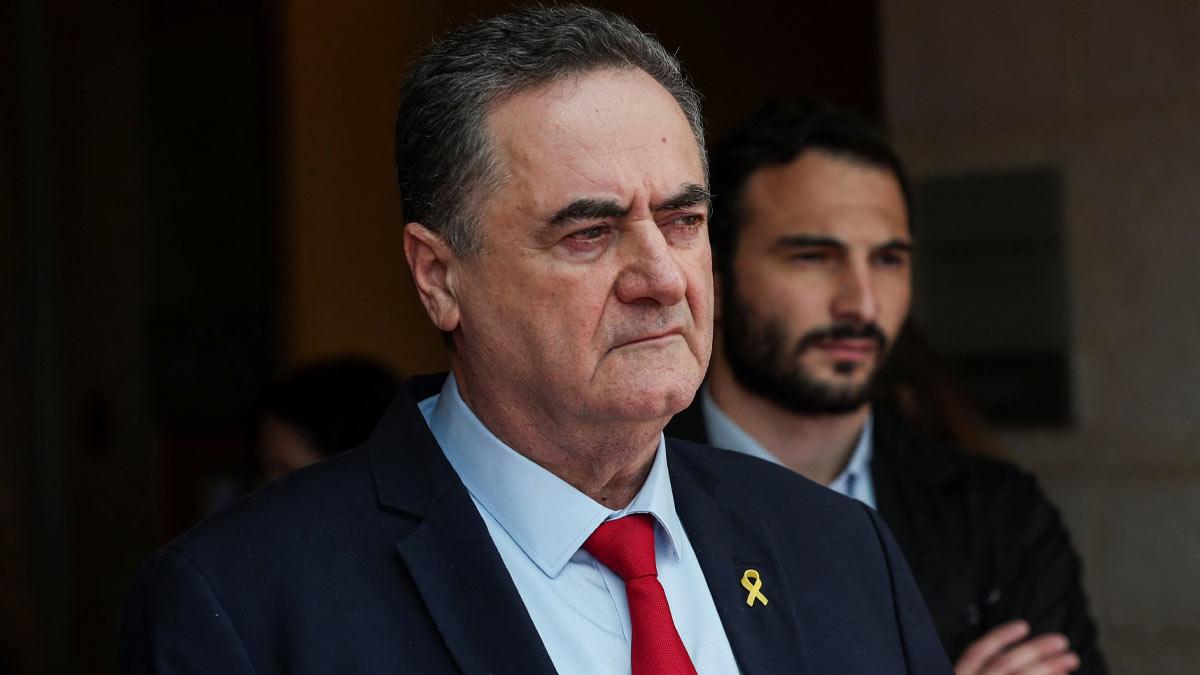With Sunday's announcement by the Islamist rebel group Hayat Tahrir al-Sham (HTS) that President Bashar al-Assad's regime in Syria had fallen and a "new era" had begun with Damascus's capture, all attention turns now to the next moves Abu Mohammad al-Julani, its leader, who previously worked with Abu Bakr al-Baghdadi, the founder and leader of the Islamic State of Iraq and Syria.
Affiliated to Al-Qaida and known as Nusra Front earlier, HTS led rebel groups as they started with a major offensive in north Syria on November 27. Major cities like Aleppo and Hama were captured before finally the rebels stormed Damascus.
With numerous contradictory reports appearing on the whereabouts of Syrian President Bashar Al-Assad, it will be interesting to watch what develops in the aftermath of HTS, that was just designated a terrorist organisation by the United States, stirring the cauldron in that troubled region. 'Specially Designated Global Terrorist' Abu Mohammad al-Julani meanwhile carries a $10 million price tag on his head.
Born as Ahmed Hussein Al-Shara, Julani is alternatively known as Mohammad al-Jawlani and Abu Muhammad al-Golani. Before the current conflict, he also worked for Al-Qaida in Iraq and was in a US prison for five years.
Julani swore allegiance to Al-Qaida and its chief Ayman al-Zawahiri as Al-Nusrah Front pledged to overthrow Syrian President Bashar al-Assad's government as early as in 2012
It was Baghdadi who had ordered Julani to start a front for Al-Qaida in Syria through the development of a local presence and fighting. Al-Qaida in Iraq provided Nusra Front with manpower, money, weapons, and advice.
In May 2013, Julani was designated by the US State Department as a 'Specially Designated Global Terrorist'.
The FBI wanted details regarding the leadership of the Al Nusra Front (ANF), and the US Department of State's Rewards for Justice programme put out a reward up to $10 million in cash for information that could lead to the identification or location of Julani.
On July 24, 2013, the UN Security Council ISIL (Da'esh) and Al-Qaida Sanctions Committee placed Julani on its list of sanctioned terrorists, making him subject to an international asset freeze, travel ban, and arms embargo.
In July 2016, Julani praised Al-Qaida and Zawahiri in an online video while announcing that the ANF, Al-Qaida's affiliate in Syria, was changing its name to Jabhat Fath Al Sham (Conquest of the Levant Front).
Next year, it was merged with several other hard-line opposition groups to form Hayat Tahrir al-Sham (HTS), with al-Julani having the upper hand.
It was reported, through local media, that the jihadi outfit HTS and Julani have resumed the regional scene after five years of withdrawal, wherein the organisation had undergone multiple changes on its part, in terms of relations with other factions in Idlib, and went through massive regional and international changes, including the phase of Covid-19, Ukrainian war and the Al-Aqsa flood".
"Hayat Tahrir al-Sham has passed through many tests within the last period, from its secession from ISIS and pledging allegiance to the global Al-Qaeda organisation, to its withdrawal from it and becoming Jabhat Fateh al-Sham, and eventually Hayat Tahrir al-Sham, the local military, administrative and political authority," said Lebanon's Al-Manar on Sunday.
The report mentioned that HTS was able to maintain its strength and control in the region due to the formation of the so-called 'Salvation Government' in Idlib, Covid-19 pandemic and the Russia-Ukraine war which pushed the world's attention away from Syria for a long period.
"Since Jabhat al-Nusra cut ties with al-Qaeda in 2017, Abu Muhammad al-Julani has sought to build a new direction on 'jihadism in methodology and nationalism in geography', leveraging the lessons of Iraq and the dynamics of Syrian reality," the report noted further.
Meanwhile, some observers think that those celebrating the collapse of the decades-old Bashar al-Assad regime are, in their own right, supporting terrorists from ISIS and Al-Qaeda.
Russia, which said it has put its military bases in Syria on "high alert", added it is following the "dramatic events" with extreme concern.
"As a result of negotiations between B. Assad and a number of participants in the armed conflict in the SAR, he decided to leave the presidential post and left the country, giving instructions to transfer power peacefully. Russia did not participate in these negotiations. At the same time, we appeal to all parties involved with a strong call to renounce the use of violence and resolve all governance issues by political means," reads a statement issued by the Russian Foreign Ministry.
Read also| Canadian MP Warns of Renewed Khalistan Efforts to Label 1984 Riots as Genocide

